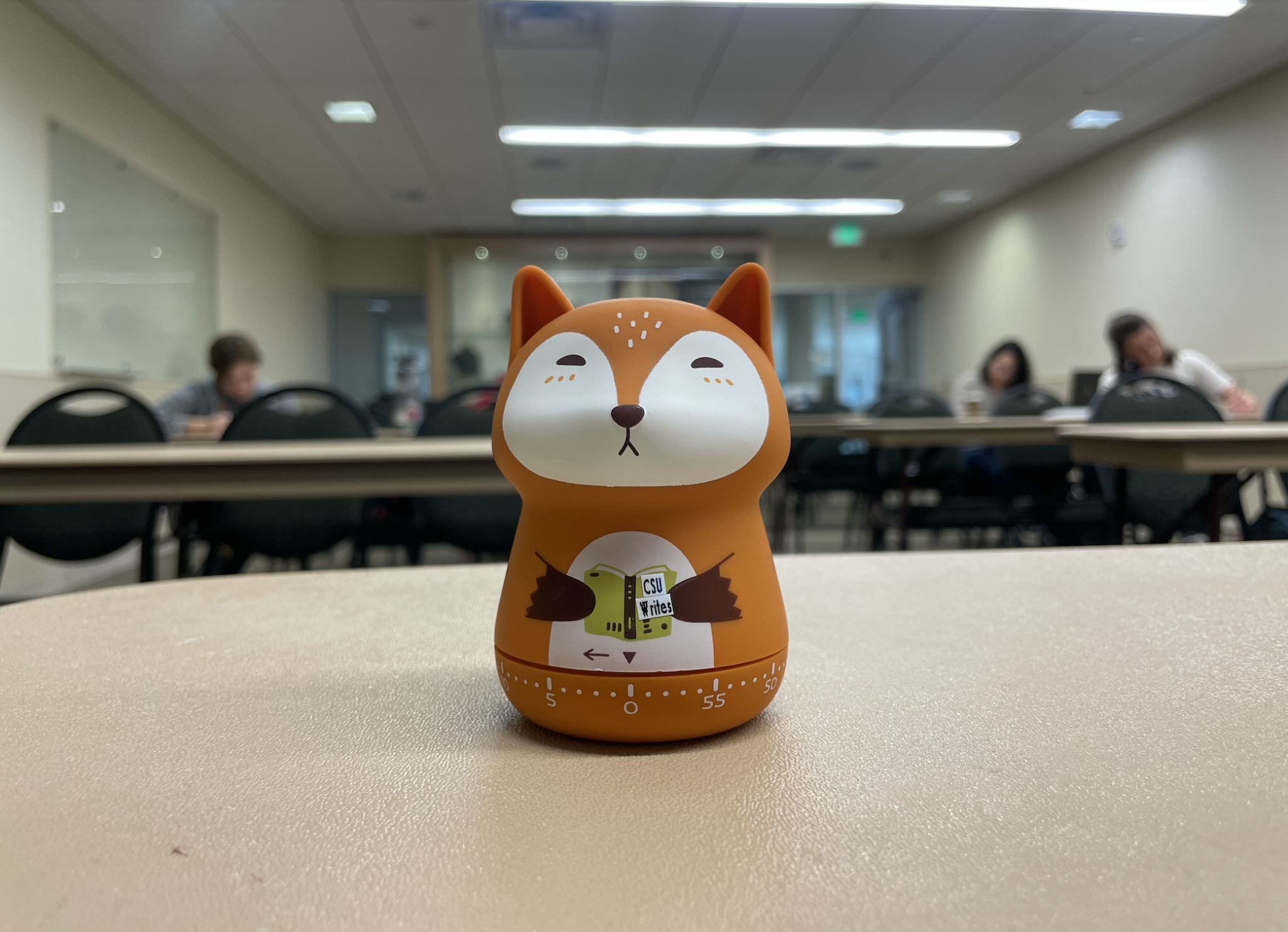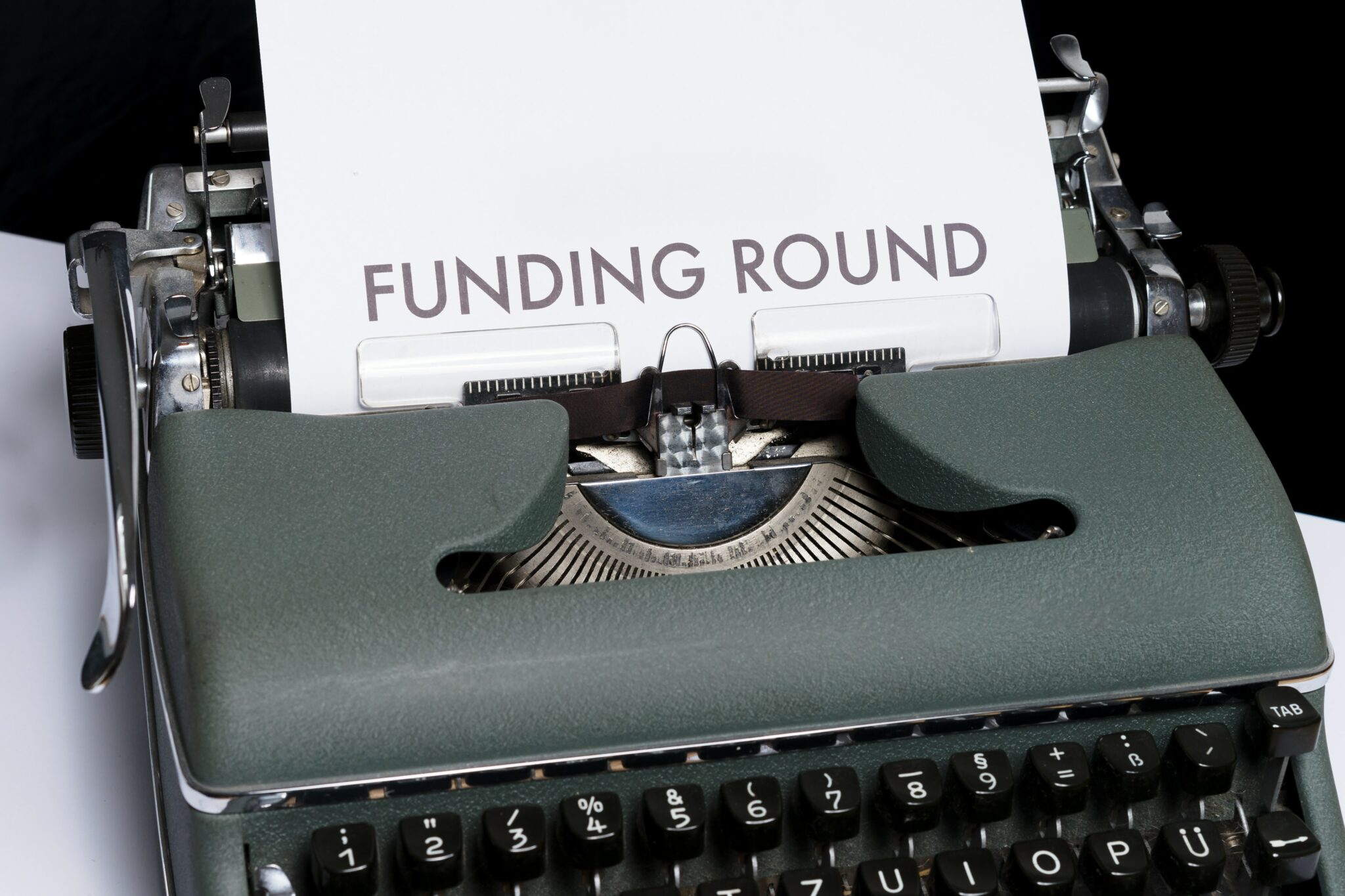Grant writing is a distinctive style of writing that “requires its own unique skillset” according to grant writer Michael Carolan. It is also a process that can feel arduous and solitary. However, there are skills, tips, and tricks that can strengthen our grant writing. CSU Writes reached out to several of CSU’s grant writers to get their perspective on regular writing for grant writers.
- Michael Carolan: Associate Dean of Research and Faculty Development for the College of Liberal Arts
- Dinaida Egan: RAO Associate Director
- Research Acceleration Office
- Jeffrey Wilusz: Professor of RNA Biology and Virology
- Department of Microbiology, Immunology, and Pathology
- Andee Kaplan: Assistant Professor
- Izabela Ragan: Assistant Professor
- Department of Biomedical Sciences
- Rodolfo Valdes-Vasquez: Associate Professor, Graduate Program Coordinator
- Department of Construction Management
Here is what they had to say.
Audience and Storytelling
Michael Carolan emphasizes the importance of audience in grant writing:
When writing grant proposals, it is important to know that you are writing to an especially diverse audience. Reviewers could very well be outside of your discipline. And if targeting foundations, reviewers many not even be within academia. This skillset takes time to develop, which I found is best accomplished by practice, practice, practice.
The more we write, the better we can learn about the complexities of the grant writing audience. Related to knowing your audience, telling a story is another way to connect with that complex audience. Dinaida Egan illustrates the importance of telling a story in your grant writing:
In my mind, the most effective grant writing is similar to the art of storytelling but, for grant writing, that story has to have a fluidity that can easily pivot in voice and focus from one funder to the next. The only way to do this with ease is to regularly write the evolution of that story, so that it flows quickly onto paper with clear impact for that specific reader’s (funder’s) goals.
Grant writing is not strictly administrative. It involves a complex understanding of the story you are telling and who you are telling it to.
Evaluating/Reevaluating
Grant writing is a complex endeavor consisting of many moving parts. Jeffrey Wilusz highlights these complexities:
Effective scientific research endeavors involves staying abreast of the literature to establish a clear foundation / premise of you project, having several focused interconnected and well-developed aims to test innovative hypotheses, and always considering the impact of the end points of your proposed study on the paradigms of the field. Simple right……
The key to navigating these complexities, according to Wilusz, is a constant process of evaluating and reevaluating:
The most effective way to accomplish this and keep your ideas/project as dynamic and cutting-edge as possible is to continually be thinking about your project and evaluating/reevaluating your approach in light of new data, ideas, and pitfalls that arise along the way. Doesn’t it seem suboptimal, therefore, to think that you can simply devote a focused block of time just before a submission deadline to consider all of these things in depth and get them effectively down on paper for a grant application? Thus one simple way to contribute to the effectiveness of your science – and prepare better grant applications – is to have a regular writing practice for your research project and associated grant ideas. You have regular lab meetings and daily informal discussions with lab members – why not also have regular ‘meetings’ with your computer keyboard and create/update/tweak what you perceive as the significance, innovation and approach to your research? Pat Summit, an amazing basketball coach, I think summed it up best when she said, “Success is a project that is always under construction.” Write on.
Here we see concrete steps of how to continually evaluate and reevaluate our work during the grant writing process.
Blocking Off Time for Regular Writing
Several of our respondents emphasized the importance of making time in our busy schedules dedicated to grant writing. As Andee Kaplan notes:
The value of having a regular writing practice blocked out on my calendar with other writers expecting me to show up cannot be overstated.
Izabela Ragan reaffirms this:
In my line of work, grant writing is critical. I have learned that having a regular writing practice helps to keep momentum on the writing. I have found that regular writing leads to more substantive and creative work, which in turn produces stronger proposals.
As these grant writers indicate, the importance of protecting time is of the utmost importance.
Support from Others
While grant writing can have its challenges, a great way to overcome is through the support from others. Andee Kaplan describes the importance of breaking out of our solitary writing caves:
For me, grant writing can be a somewhat torturous experience and having others there experiencing the same pain helps me to remember that completion (and success!) are possible. I have my most productive time during shared writing spaces and am very appreciative of the support that CSU Writes provides.
Regular writing for grant writing can (and should!) involve support from others. One great way to receive such support from others are using the resources provided by CSU Writes. A testimonial from Rodolfo Valdes-Vasquez illustrates what these resources can provide:
The CSU Writes’ regular writing sessions have helped me to move forward with multiple writing projects, including research proposals. As a participant in these sessions, I have applied some tools shared during the retreats and workshops. For example, I use shared planning tools to understand my writing process better and evaluate it. I also enjoyed the supportive atmosphere. Having writers from multiple disciplines during the writing sessions has also benefited me in learning from other perspectives and being accountable for my projects. Thanks to Kristina’s leadership and CSU Writes, I have completed various manuscripts for conferences and journals, most of which have been accepted.
As these grant writers have generously shared with us, grant writing is no simple task. However, developing skills such as knowing your audience, evaluating/reevaluating your work, and blocking off time for regular writing can make the grant writing process more manageable. Additionally, utilizing resources such as support from others and the resources CSU Writes has to offer will help establish regular writing for grant writers.
For more information on how CSU Writes supports grant writers, please visit our Grant Writes page.









